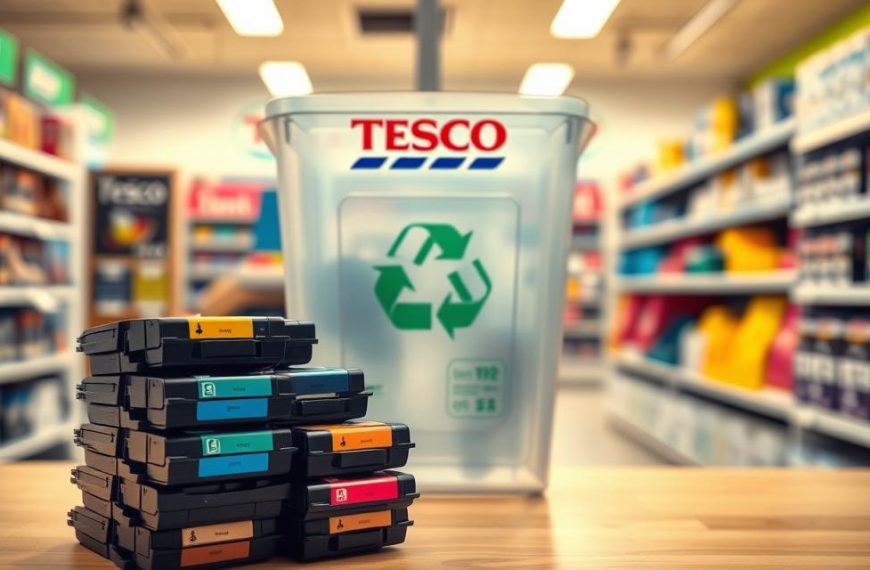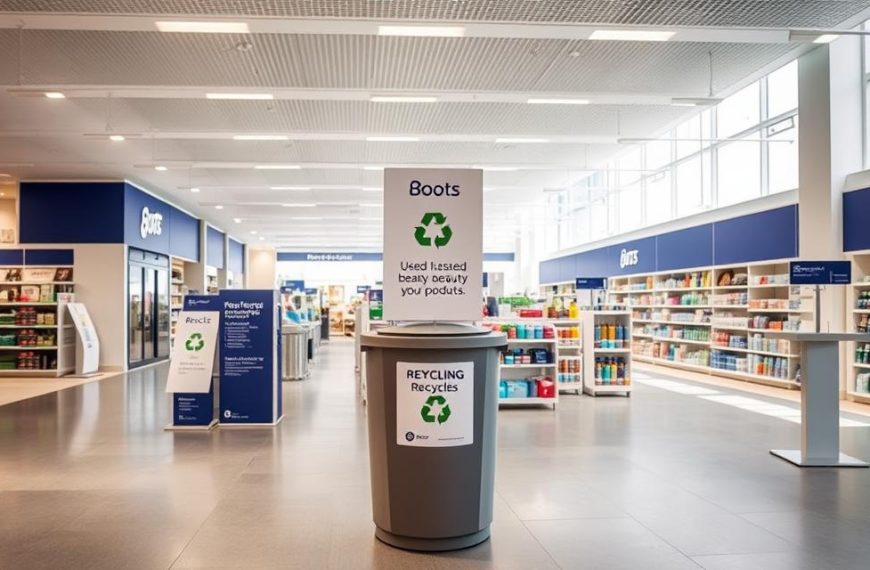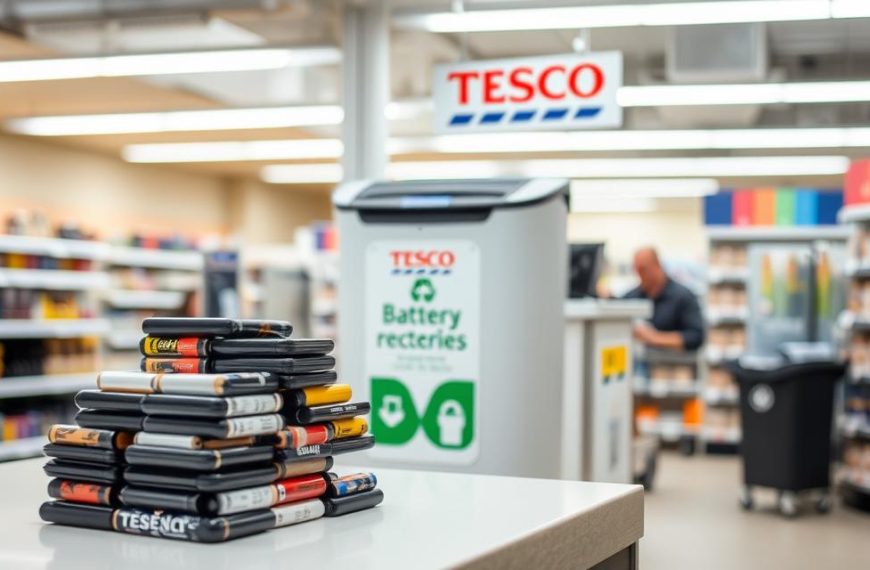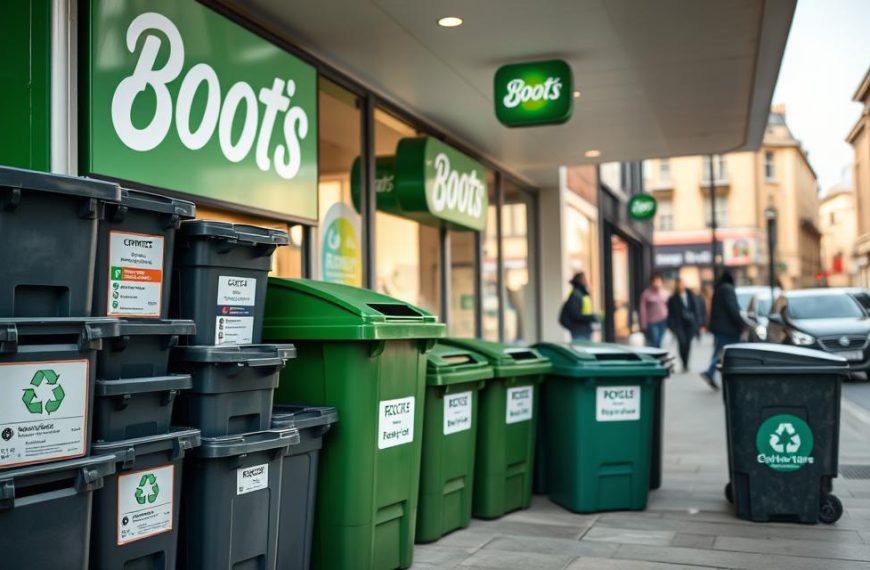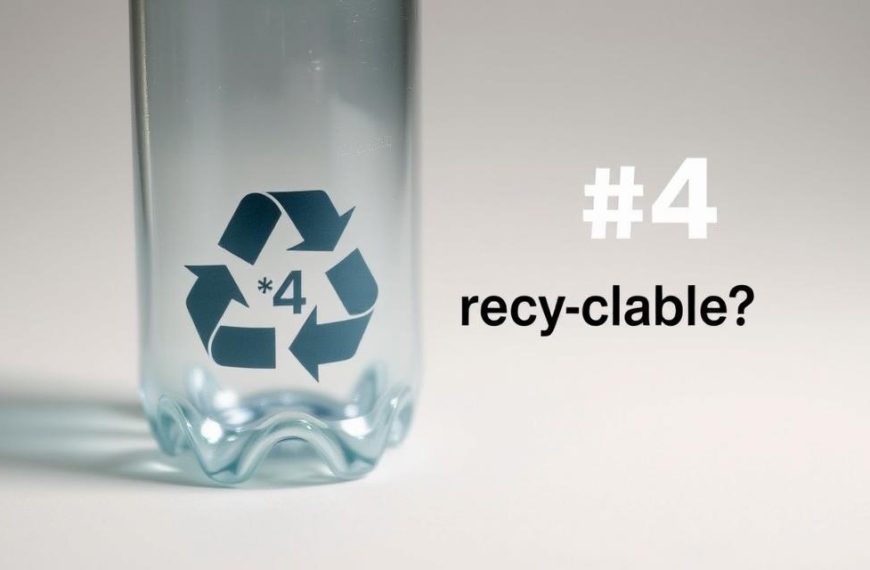The UK is grappling with a significant environmental issue: plastic waste from hangers. Every year, approximately 8 billion polystyrene and polycarbonate hangers end up in landfills, contributing to the growing problem of non-recyclable waste.
Tesco, a leading UK retailer, is tackling this issue head-on with its innovative recycling programme. By encouraging customers to return their unwanted hangers, Tesco is promoting sustainable practices and reducing the environmental impact of plastic hangers.
The average UK household contributes to hanger waste, often unknowingly. Tesco’s initiative offers a practical solution for environmentally conscious consumers looking to dispose of unwanted hangers responsibly.
This article will provide comprehensive information about Tesco’s hanger recycling programme and how readers can participate in reducing plastic waste.
The Environmental Impact of Hanger Waste
The fashion industry’s reliance on plastic hangers has severe ecological consequences. The production and disposal of these hangers contribute significantly to global plastic waste.
Current Statistics on Plastic Hanger Production
Approximately 40 billion plastic hangers are produced annually, with a substantial portion ending up in landfills. The global plastic waste reaches 6.3 billion metric tons every year, and hangers make up a considerable part of this waste stream. The UK retail industry plays a significant role in this statistic, contributing to the massive production of plastic hangers.
How Hangers Contribute to Landfill Problems
About 8 billion polystyrene and polycarbonate hangers end up in landfills yearly, representing a significant environmental burden. These hangers take up to 500 years to degrade, contributing to long-term landfill problems and potential microplastic pollution. The improper disposal of hangers also affects wildlife and marine ecosystems when they enter waterways and oceans.
Tesco’s Commitment to Coat Hanger Recycling
Tesco’s commitment to reducing plastic waste is evident in its innovative coat hanger recycling scheme. This strategic approach aims to transform how consumers and retailers manage clothing accessory waste.
The Origins of the Recycling Initiative
Tesco first recognised the problem of hanger waste and developed their recycling initiative through an initial trial in five stores before rolling it out nationally. This hanger recycling programme is part of Tesco’s broader sustainability strategy, aiming to reduce plastic waste.
- The programme was launched to address the growing issue of plastic hanger waste.
- Tesco introduced collection bins for clothes hangers in stores to encourage customer participation.
Goals and Achievements in Plastic Reduction
Tesco aims to prevent 1,000 tonnes of plastic from entering landfills through their hanger recycling initiative. To achieve this, they’ve implemented innovative approaches such as a 10p charge for hangers in selected stores to encourage customers to return them for recycling.
“Our goal is to create sustainable solutions that protect the environment. We’re committed to making a positive impact through initiatives like our hanger recycling programme.”
Tesco’s achievements in plastic reduction extend beyond hangers, including removing plastic forks from pasta pots and introducing plant-based teabags. This initiative sets a precedent for other retailers to follow in reducing plastic waste.
How Tesco’s Coat Hanger Recycling Programme Works
Tesco’s coat hanger recycling programme is revolutionizing the way we think about plastic waste. By implementing a comprehensive recycling system, Tesco is making a significant impact on reducing hanger waste.
Collection Process
Customers can participate in the hanger recycling programme by bringing their used plastic hangers to specially designed recycling bins located in nearly 200 UK Tesco stores. The collection process is straightforward: customers simply deposit their unwanted hangers into the designated bins.
Recycling Process
The collected hangers are then returned to Tesco’s suppliers in Asia using containers that would otherwise travel empty, maximizing efficiency and reducing carbon footprint. The hangers are sorted, and those that are damaged are ground down and recycled into new hangers or other plastic products, creating a circular economy.
As Tesco’s Chief Operating Officer said, “We’re committed to reducing waste and promoting sustainability throughout our operations.” This commitment is reflected in their innovative recycling programmes.
Finding Tesco Hanger Recycling Near Me
Locating a Tesco store that accepts coat hanger recycling is now easier than ever. Tesco offers recycling points for plastic hangers across the UK, understanding the need for accessible store locator tools. Customers can easily find where to responsibly dispose of their hangers.
Store Finder Tools and Resources
Tesco provides several tools to help customers locate their nearest recycling point. The Tesco store website locator allows customers to enter their postcode and find the nearest store with hanger recycling facilities. Additionally, the Tesco mobile app includes a recycling directory that makes it easy to locate participating stores on the go. For those who prefer personal assistance, Tesco’s customer service helpline is available to provide information on local recycling options.
Participating Locations Across the UK
Tesco’s hanger recycling programme is available in numerous locations across the UK. The programme is strategically expanding to ensure nationwide accessibility. Currently, major cities and towns have multiple Tesco stores with recycling facilities. Customers can check the Tesco website or mobile app to see if their local store participates in the scheme. Tesco is committed to increasing the number of recycling points, making it more convenient for customers to recycle their plastic hangers.
Before visiting a store, it’s advisable to check if your local Tesco participates in the hanger recycling programme to avoid making a special journey. Tesco is working to expand its recycling programme, and customers can also request recycling facilities at their local store if it’s not currently available.
Types of Hangers Accepted for Recycling
Understanding the types of hangers accepted for recycling is crucial for effective participation in Tesco’s coat hanger recycling programme. Different materials have different recycling properties, and knowing these can significantly impact the programme’s success.
Plastic Hangers Specifications
Plastic hangers are accepted if they are made from specific types of plastic. Typically, hangers made from PET (Polyethylene Terephthalate) or HDPE (High-Density Polyethylene), indicated by recycling numbers 1 and 2, respectively, are accepted. These plastics are widely recyclable and are commonly used in packaging and consumer goods.
The recyclability of plastic hangers depends on their polymer type. PET and HDPE are considered more environmentally friendly due to their recyclability. Consumers can identify these plastics by checking the recycling symbol on the hanger.
Other Recyclable Hanger Materials
Apart from plastic, other materials like metal and wood are also used to make hangers. Metal hangers are generally easily recyclable through most recycling programmes, as they are made from valuable metals that can be melted down and reused.
Wooden hangers, however, present a challenge due to the finishes and glues used in their manufacture. While some recycling facilities may accept wooden hangers, the presence of non-wood components like metal hooks or fabric clips complicates the process. It’s essential to check with local recycling facilities for their acceptance criteria.
| Hanger Material | Recyclability | Notes |
|---|---|---|
| Plastic (PET/HDPE) | High | Check recycling numbers 1 and 2 |
| Metal | High | Easily recyclable through most programmes |
| Wooden | Limited | Depends on finishes and glues used |
To maximize the recyclability of hangers, consumers should prepare them appropriately. This may involve removing metal hooks from plastic or wooden hangers or detaching fabric clips. Understanding these guidelines can significantly enhance the effectiveness of Tesco’s coat hanger recycling programme.
Alternative Options for Hanger Recycling
Exploring alternatives to Tesco’s hanger recycling programme reveals a range of eco-friendly options. While Tesco’s initiative is commendable, consumers can adopt other sustainable practices for hanger disposal and reuse.
Local Charity Shops and Donations
Many local charity shops accept hanger donations, particularly if they are in good condition. Organisations like Oxfam and Cancer Research UK often welcome plastic hangers to support their retail operations. Before donating, it’s advisable to contact the charity shop to confirm their acceptance criteria.
Community Recycling Schemes
Community recycling schemes offer flexible solutions for hanger disposal. Some local authorities have specific collection programmes for hangers, while others may have designated drop-off points. First Mile’s public hanger recycling box is another innovative approach to recycling plastic hangers.
Creative Reuse Ideas for Unwanted Hangers
For those inclined towards DIY projects, unwanted hangers can be repurposed in various creative ways. They can be used in craft projects, as plant markers in the garden, or for household organisation. Such reuse not only reduces waste but also fosters creativity.
| Recycling Option | Description | Environmental Impact |
|---|---|---|
| Local Charity Shops | Donate hangers to charity shops that accept them. | Reduces landfill waste and supports charity operations. |
| Community Recycling | Participate in local recycling schemes that accept hangers. | Encourages sustainable waste management practices. |
| Creative Reuse | Repurpose hangers for DIY projects or household use. | Minimises waste and promotes creative reuse. |
By adopting these alternative recycling options, consumers can significantly reduce the environmental impact of their unwanted hangers. Whether through donation, community schemes, or creative reuse, there are numerous ways to ensure hangers do not end up in landfill.
Benefits of Participating in Tesco’s Hanger Recycling
By recycling hangers at Tesco, customers can significantly reduce plastic waste and lower carbon emissions. This simple action contributes to a substantial environmental benefit, given that approximately 40 billion plastic hangers are produced worldwide each year, with a significant portion ending up in landfills.
Reducing Environmental Footprint
Recycling hangers helps minimize the environmental impact of plastic waste. Each recycled hanger prevents about 0.16 kg of CO2 from being released into the atmosphere, thereby reducing the overall carbon footprint. This initiative is crucial in keeping non-biodegradable plastics out of landfills and mitigating their harmful effects on the environment.
- Reduces plastic waste by recycling hangers
- Lowers carbon emissions by preventing CO2 release
- Supports a circular economy by reusing plastic materials
Promoting Sustainable Retail Practices
Tesco’s hanger recycling programme not only benefits the environment but also promotes sustainable retail practices. By participating in this initiative, customers support the development of a circular economy in retail, encouraging other retailers to adopt similar environmentally friendly practices. This collective action drives industry-wide changes in sustainability, contributing to a more environmentally conscious retail sector.
Conclusion
As the world grapples with the plastic waste epidemic, Tesco’s coat hanger recycling programme offers a beacon of hope. The staggering production of 40 billion plastic hangers annually, with 85% ending up in landfills, underscores the magnitude of the problem. Tesco’s initiative is a significant move towards sustainable retail practices, supporting the development of a circular economy for plastic products.
The programme’s impact is multifaceted, not only reducing plastic waste but also encouraging customers to participate in recycling efforts. By recycling hangers, customers play a crucial part in minimizing the 8.3 billion metric tons of global plastic waste. This collective action can lead to substantial environmental change.
Tesco’s hanger recycling programme demonstrates the retail industry’s potential to drive positive environmental change. As consumers, making hanger recycling a part of our routine can contribute to significant waste reduction. We can all be part of this initiative by locating our nearest Tesco recycling point and supporting sustainable practices.
In conclusion, Tesco’s coat hanger recycling programme is a step in the right direction, promoting a culture of reuse and recycling. As we move forward, such initiatives can pave the way for more sustainable packaging and product design, further reducing waste in the retail sector.



